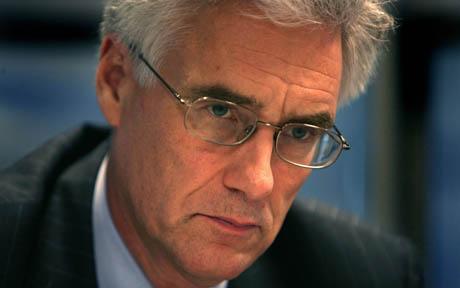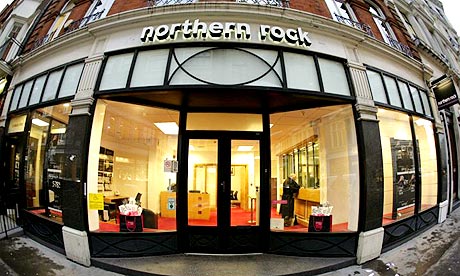YouTube Added: 17.03.2012
Northern Rock
No Secrets! WikiLeaks Founder Julian Assange’s Mission For Total Transparency

Assange, the founder of WikiLeaks, oversees a populist intelligence network. Digitally altered photograph by Phillip Toledano.
The house on Grettisgata Street, in Reykjavik, is a century old, small and white, situated just a few streets from the North Atlantic. The shifting northerly winds can suddenly bring ice and snow to the city, even in springtime, and when they do a certain kind of silence sets in. This was the case on the morning of March 30th, when a tall Australian man named Julian Paul Assange, with gray eyes and a mop of silver-white hair, arrived to rent the place. Assange was dressed in a gray full-body snowsuit, and he had with him a small entourage. “We are journalists,” he told the owner of the house. Eyjafjallajökull had recently begun erupting, and he said, “We’re here to write about the volcano.” After the owner left, Assange quickly closed the drapes, and he made sure that they stayed closed, day and night. The house, as far as he was concerned, would now serve as a war room; people called it the Bunker. Half a dozen computers were set up in a starkly decorated, white-walled living space. Icelandic activists arrived, and they began to work, more or less at Assange’s direction, around the clock. Their focus was Project B-Assange’s code name for a thirty-eight-minute video taken from the cockpit of an Apache military helicopter in Iraq in 2007. The video depicted American soldiers killing at least eighteen people, including two Reuters journalists; it later became the subject of widespread controversy, but at this early stage it was still a closely guarded military secret.
by Raffi Khatchadourian
June 7, 2010
Read the full article here: The New Yorker
Related information:
Read moreNo Secrets! WikiLeaks Founder Julian Assange’s Mission For Total Transparency
S&P Downgrades Britain’s Banking Industry
Standard & Poor’s blames move on Britain’s weak economic environment and banks’ dependence on state support
Northern Rock, one of the banks in which the British government has a majority stake. Standard & Poor’s said reliance on state support contributed to its move to downgrade the banking industry’s rating
Britain’s banking industry was downgraded by the international credit rating agency, Standard & Poor’s, as a result of the country’s “weak economic environment” and the banks’ “high” dependence on state support.
In its second major intervention in Britain in the past year, the agency announced that it was demoting Britain’s banking industry by one tier to its Group 3 out of 10. Banks in Canada, France and Germany are in the first and second groups.
The agency, which placed Britain on “negative watch” last May, said it had acted in light of Britain’s “weak economic environment, the reputational damage we believe has been experienced by the banking industry, and what we see as the high dependence on state-support programs of a significant proportion of the industry”. The government has a majority stake in two banks – RBS and Northern Rock.
Gordon Brown helped fuel banking crisis – FSA head
Gordon Brown helped fuel Britain’s banking crisis by pressuring the City regulator not to intervene and stop reckless lending, Lord Turner, the head of the Financial Services Authority, said.

Chairman of the FSA Lord Turner Photo: JULIAN SIMMONDS
The authority’s chairman claimed the regulator was under political “pressure” not to be “heavy and intrusive” with banks such as HBOS and Northern Rock.
Instead, it was told to operate a “light touch” approach, which had now been proved to be “mistaken”, he told a Commons committee.
The failure of the regulator to intervene earlier has been blamed for the banking crisis, which has led to the near-collapse of several of the country’s biggest banks.
Lord Turner’s remarks, made to MPs, are deeply embarrassing for the Prime Minister, who oversaw the FSA while he was Chancellor.
